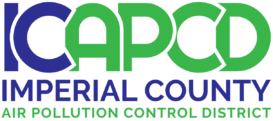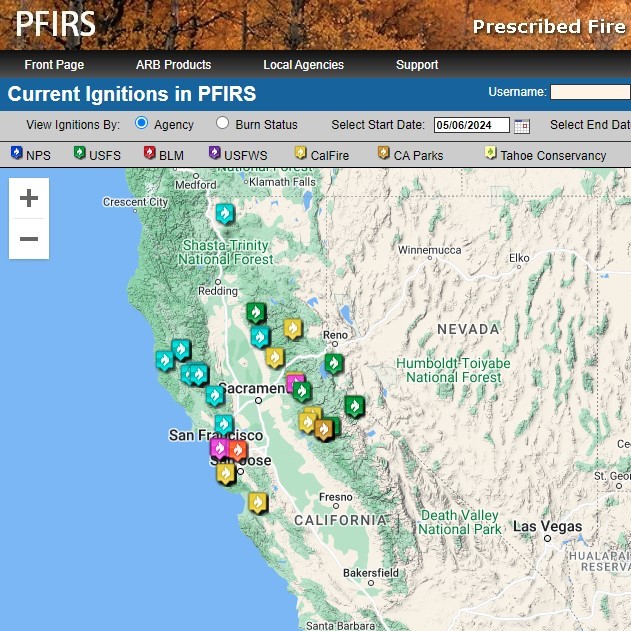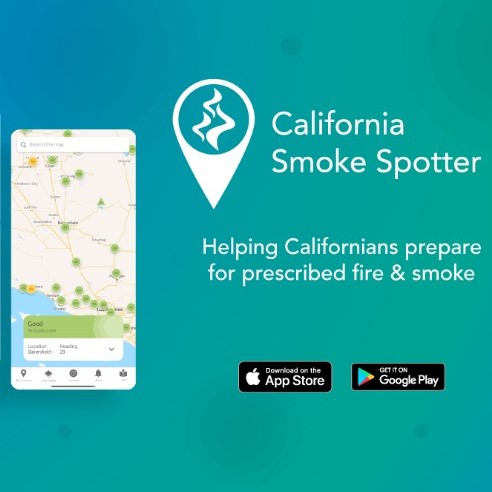Residential Burning
The burning of residential green waste is the open pile burning of vegetative material such as dry weeds, plant prunings, shrubbery and/or tree trimmings. The green waste must derive from the property and the property cannot be located inside of an incorporated city or township. In order to receive authorization to burn, the responsible agent must contact ICAPCD to determine if it is a Burn Day, and if the property is in a permissable location. In order to get burn authorization number, please contact ICAPCD at (442) 265-1800 and review the brochure below.
Applicable ICAPCD Rules and Regulation: Rule 421 - Open Burning, Rule 701 - Agricultural Burning



